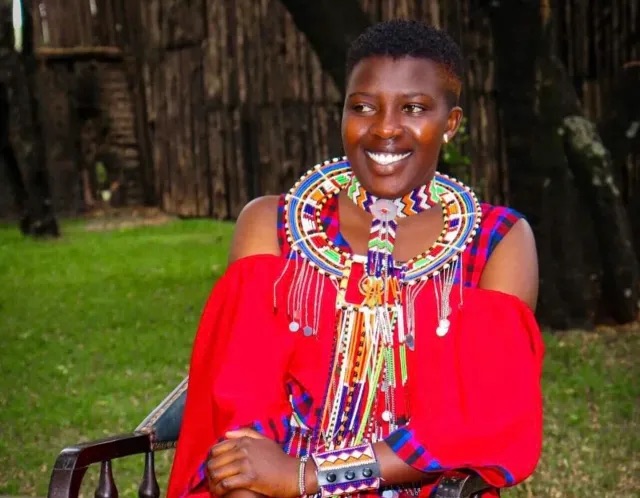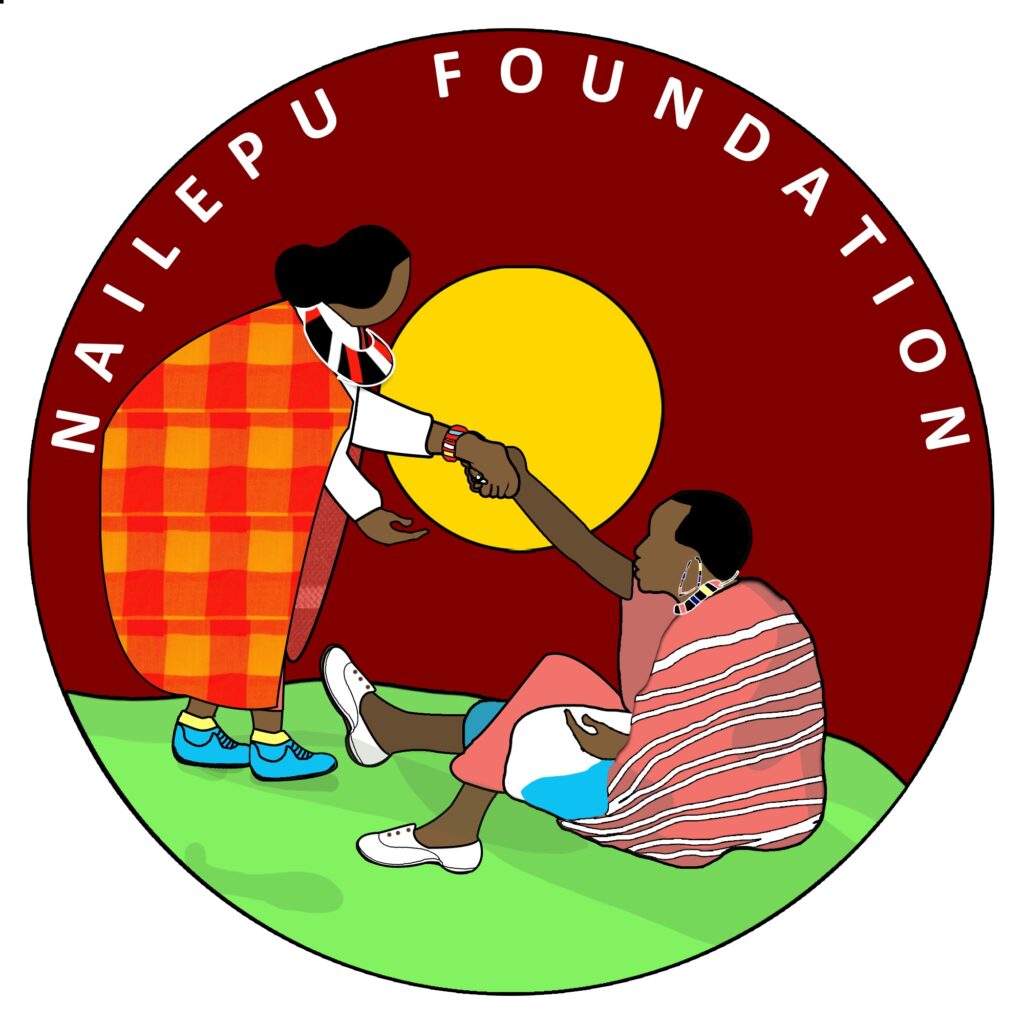by Julia Gardner
When Diana Kimojino graduated from high school in Kenya in 2019, she was excited to continue her education at college the next year. However, she began to notice a very different trend among her peers: right after graduating high school, all of the girls that she had grown up with were getting married.
According to Diana, these marriages are reflective of larger issues facing women and girls in her community. Early marriage railroads women into the role of housewives and away from higher education or employment, creating a state of financial dependence on men that leads to treatment as second-class citizens and a loss of overall independence.

Diana had originally planned to go to college in Kenya, but after a year of disruptions from the COVID-19 pandemic, she ended up changing paths, matriculating at Wesleyan in Fall 2021. While focusing on her studies at Wesleyan, Diana also found herself wondering what she could do to make a difference in the lives of women and girls back home. A previous project in 2021 had been met with a lack of necessary support from the community; however, the potential of support from a grant opened up new possibilities.
During her first year at Wesleyan, her advisor, Professor Professor Abigail Horstein, introduced her to the former director of Patricelli Center, Makaela ’98 Kingsley. Through Kingsley, she learned about the Davis Projects for Peace grant, a grant of $10,000 awarded to young leaders around the world to “develop innovative, community-centered, and scalable responses to the world’s most pressing issues.” She applied, and her proposal for a project to expand educational opportunities for women and girls in her home community in rural Narok County, Kenya, was chosen as a recipient.
Although she had received the grant, she knew she couldn’t do the work she had envisioned without the help of her home community. Before coming home, she communicated with her family and a variety of local leaders to lay the groundwork for her project, the Nailepu Foundation. In the summer of 2022, she launched a 3-month program in a rented space, starting with a group of twenty girls from the community.
The summer courses aim to equip girls with technical skills to support themselves financially through courses in computer programming, fashion and design, arts, hairdressing, and makeup artistry. Next year, a film course will also be offered. While the initial 3-month program focuses on providing girls with the foundational tools for financial independence, it also provides mentorship and scholarships to help girls access higher education and internships after the technical courses come to a close.

In order to directly address issues that keep young girls out of schools, the Nailepu Foundation also holds a sanitary towel drive for school-age girls, and runs weeklong seminars in the community to educate people about the negative impact of harmful practices such as female genital mutilation (FGM), early childhood marriage, and early childhood pregnancy. The Foundation seeks to change not only the lives of its students, but also the community’s expectations for women. Diana says that she hopes to show others that women and girls have power, and that collaboration that includes women and girls is necessary to make positive change; men can’t do it alone.
The program’s Summer 2022 run was highly successful: it helped 18 girls from rural areas in Narok County, Kenya join tertiary education centers, with most joining 2 – 3 year college programs, and secured full scholarships for five of the 18 students. It returned for another run in Summer 2023; next year’s iteration of the program, will run for six months instead of three.
While getting this summer’s iteration set up from across the ocean, Diana has been hard at work at Wesleyan in her third year, majoring in Economics and minoring in African studies. She’s also the TA for Wesleyan’s Swahili class! Diana says that she loves the opportunity it gives her to connect to her language, which she speaks at home but doesn’t have many opportunities to speak on campus, as well as the connections she makes with the students in her class. For her, being a TA goes beyond something for money or credit only– it also expands your knowledge and connects you to other students.
To learn more, you can visit the Nailepu foundation’s website here; to support her organization, please email Diana directly or contact the organization through dnaiyanoi@gmail.com and nailepufoundation@gmail.com.


